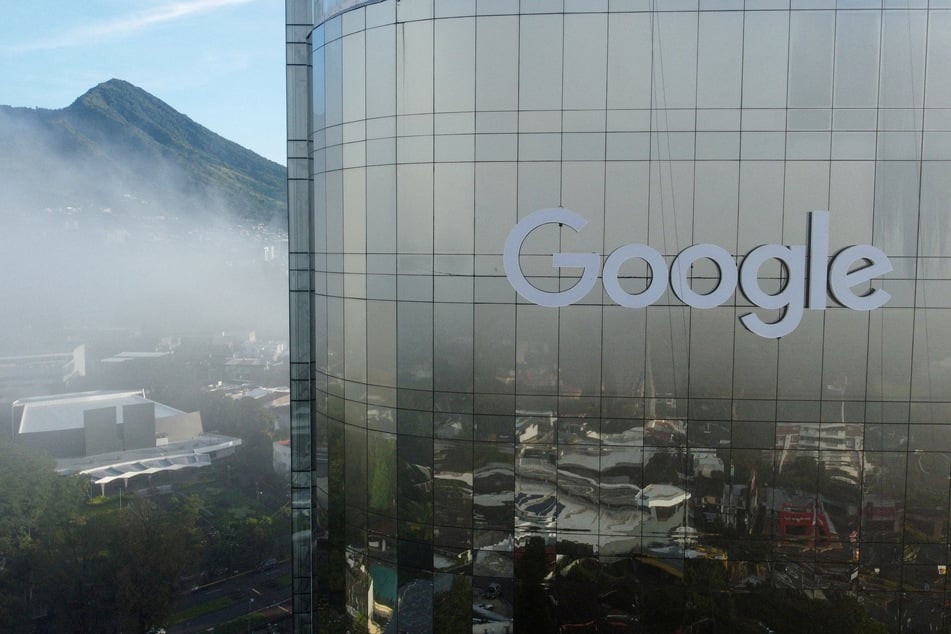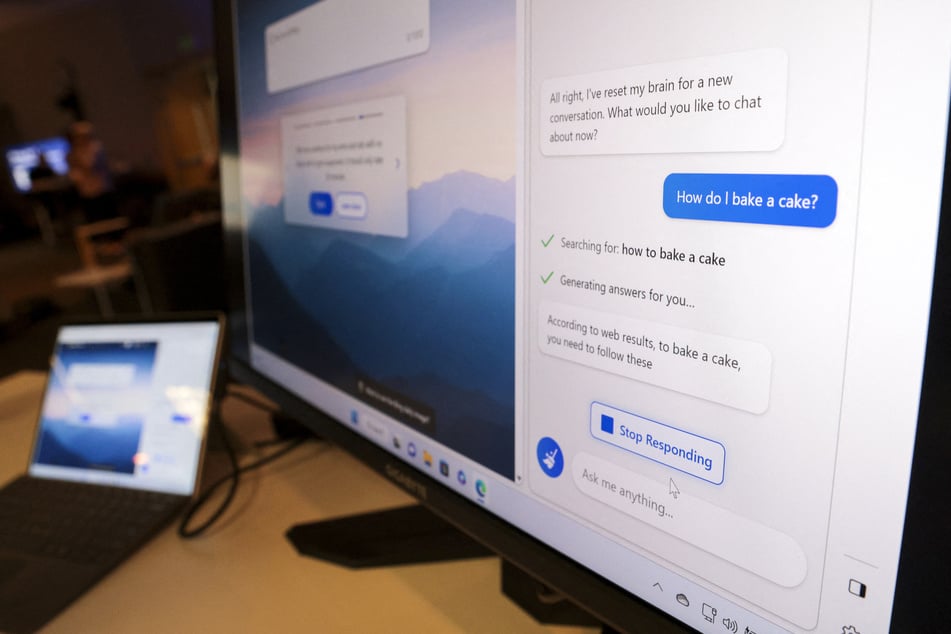Google suffers huge blow in antitrust case as judge delivers landmark verdict
Washington DC - A US judge on Monday handed Google a major legal blow, ruling in a landmark antitrust case that the tech giant has maintained a monopoly with its dominant search engine.

District Court Judge Amit Mehta found that Google had a monopoly for search and for text ads through exclusive distribution agreements that made it the "default" option that people were likely to use on devices.
"After having carefully considered and weighed the witness testimony and evidence, the court reaches the following conclusion: Google is a monopolist, and it has acted as one to maintain its monopoly," Mehta wrote in his ruling.
The internet behemoth "has a major, largely unseen advantage over its rivals: default distribution," he wrote.
The antitrust trial pitting US prosecutors and nearly a dozen states against Google ended in May.
"This victory against Google is an historic win for the American people," said US Attorney General Merrick Garland. "No company – no matter how large or influential – is above the law."
Google will appeal the verdict, according to global affairs president Kent Walker.
Walker pointed out that Mehta concludes Google is the industry's highest quality search engine, particularly on mobile devices.
"Given this, and that people are increasingly looking for information in more and more ways, we plan to appeal," Walker said. "As this process continues, we will remain focused on making products that people find helpful and easy to use."
Microsoft "biggest winner" of landmark ruling

It remains to be seen what remedies or damages the judge might order in the case.
In one possible good sign for Google, Mehta concluded in his ruling that the tech titan's violation of the Sherman Act did not have "anticompetitive effects."
"Google's loss in its search antitrust trial could be a huge deal – depending on the remedy," said Emarketer senior analyst Evelyn Mitchell-Wolf.
"A forced divestiture of the search business would sever Alphabet from its largest source of revenue," she added, referring to Google's parent company.
Even losing the option of making exclusive deals to be the default option on browsers, smartphones or computers would hurt Google, according to the analyst.
Google's search business would be hampered as generative artificial intelligence wielded by Microsoft's Bing and OpenAI's budding SearchGPT ramp up competition.
"The biggest winner from today's ruling isn't consumers or little tech, it's Microsoft," said Chamber of Progress CEO Adam Kovacevich.
"Microsoft has underinvested in search for decades, but today’s ruling opens the door to a court mandate of default deals for Bing."
Mitchell-Wolf expected a drawn-out appeals process to delay any immediate effects of the verdict on consumers or advertisers.
The trial was the first time the Department of Justice has faced a big tech company in court since Microsoft was targeted more than two decades ago over the dominance of its Windows operating system.
Cover photo: REUTERS